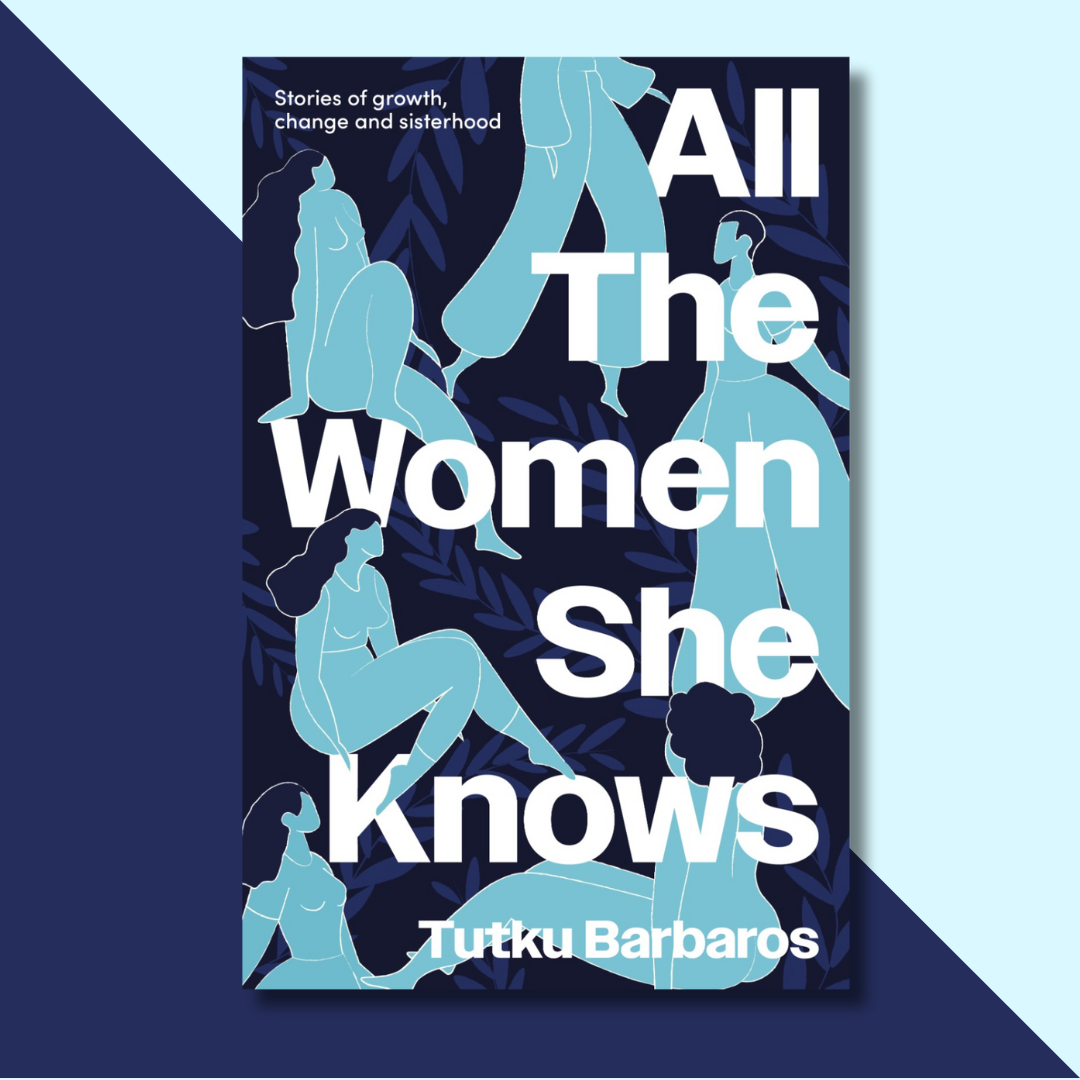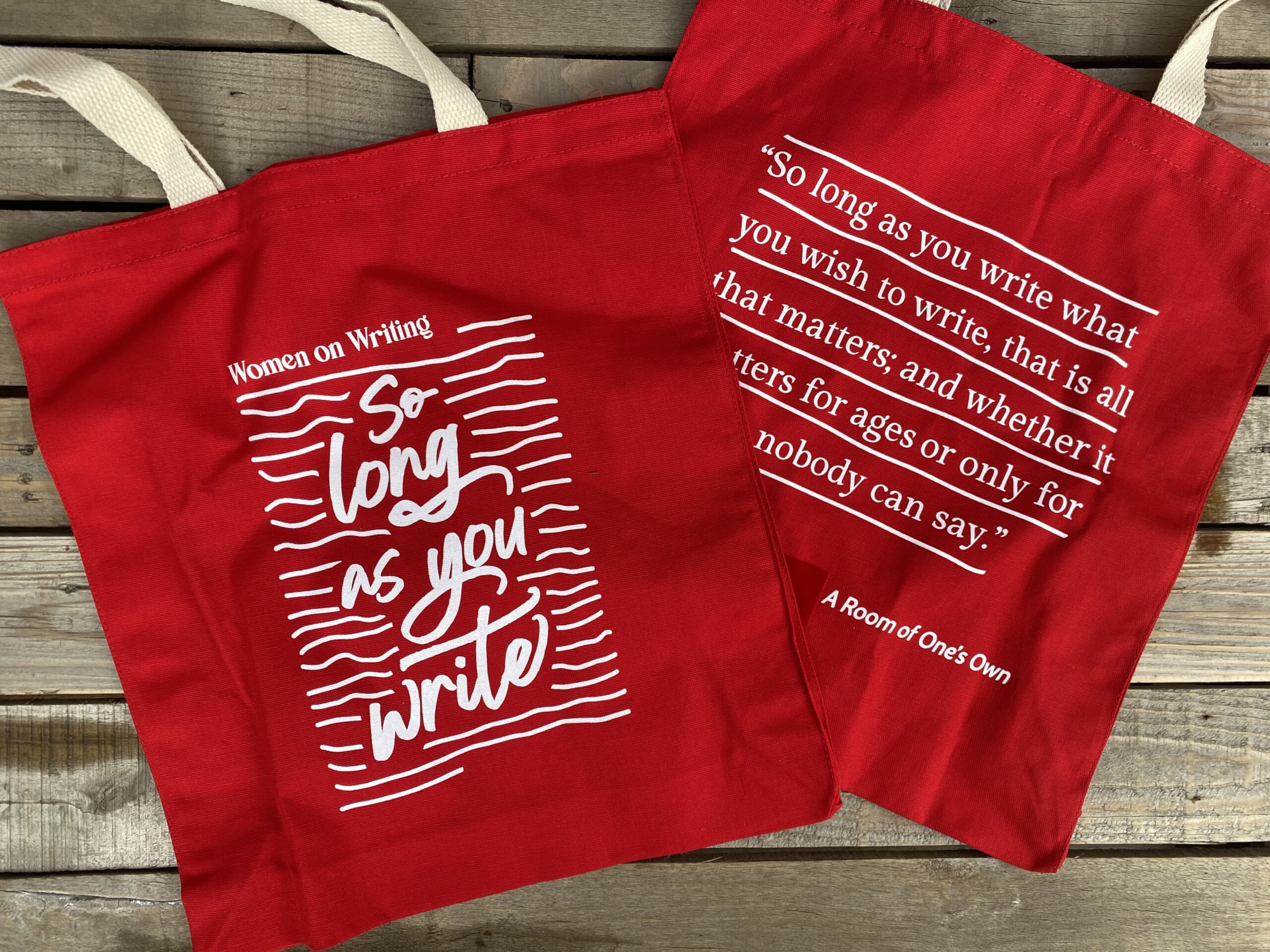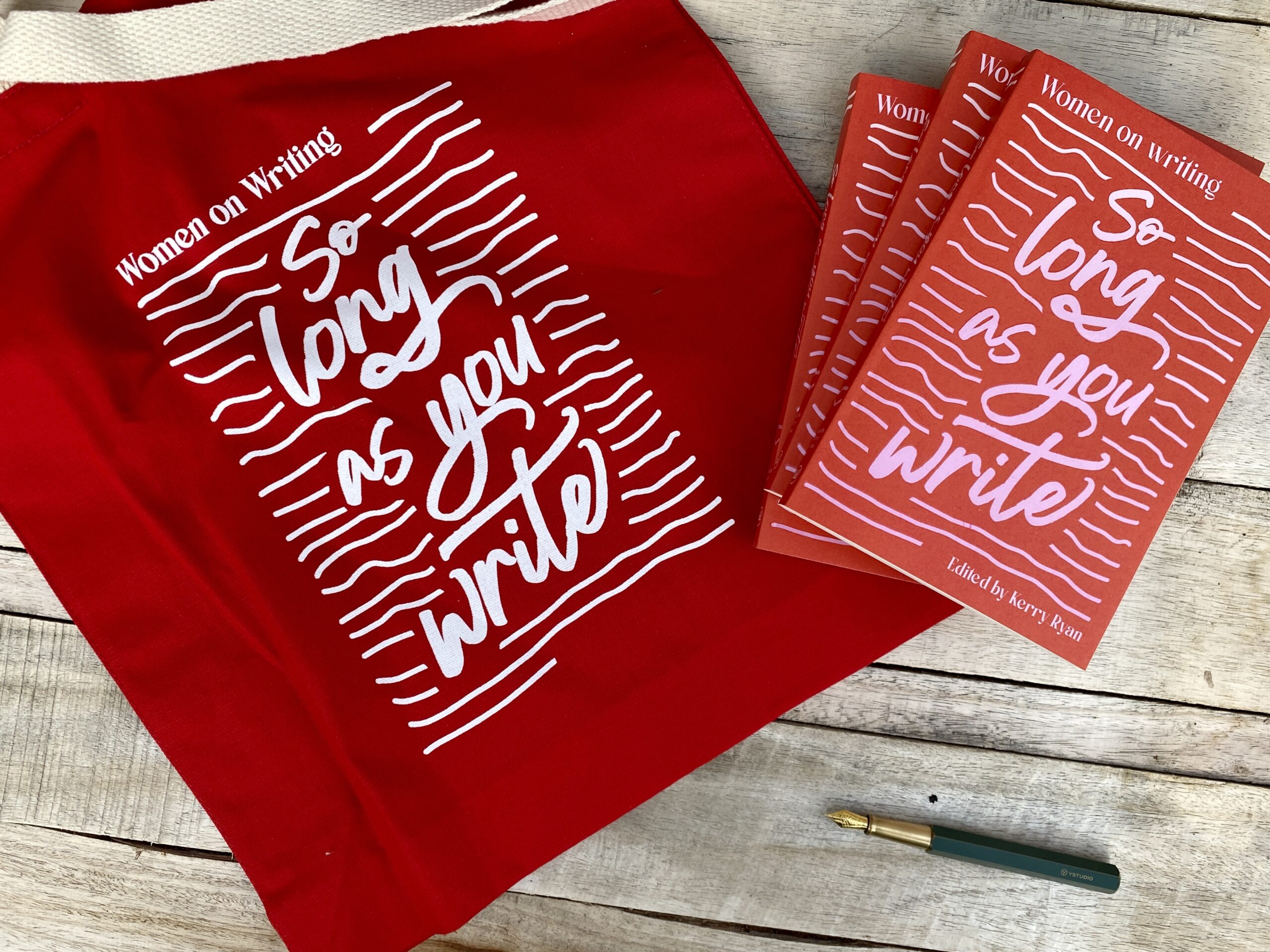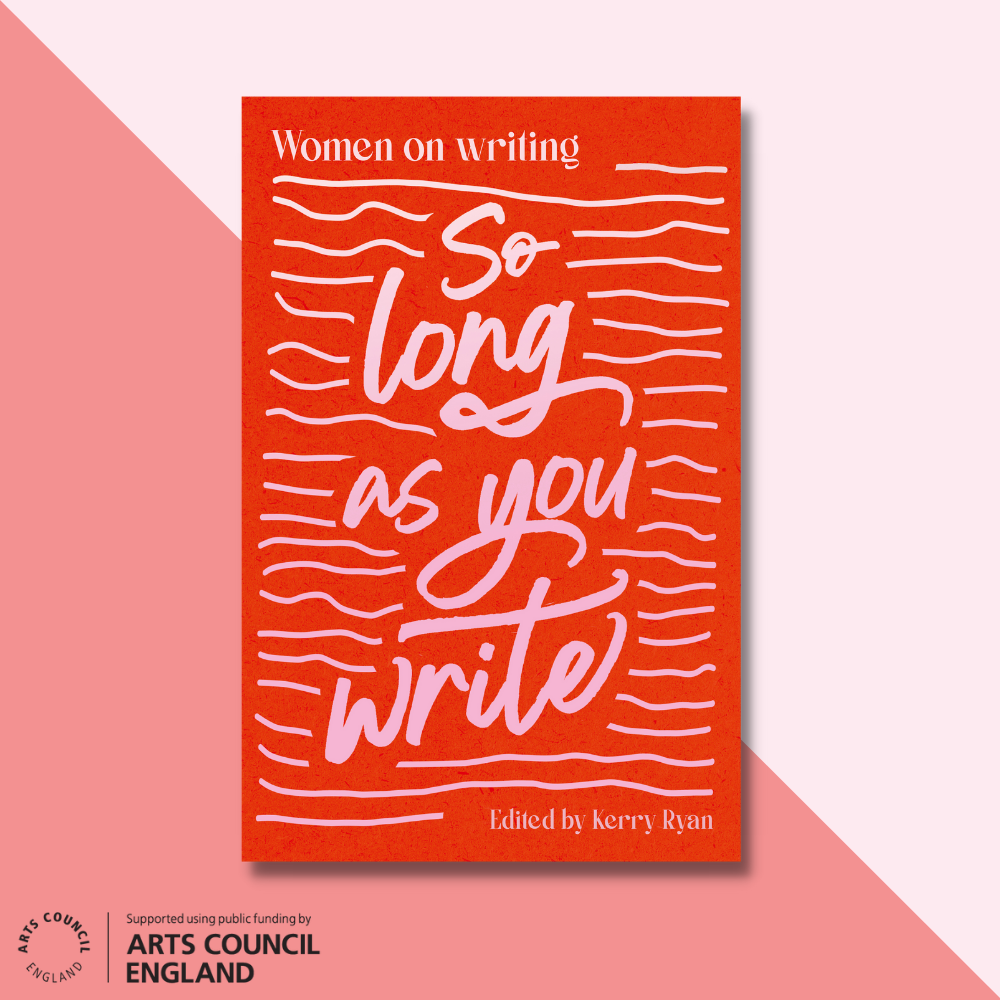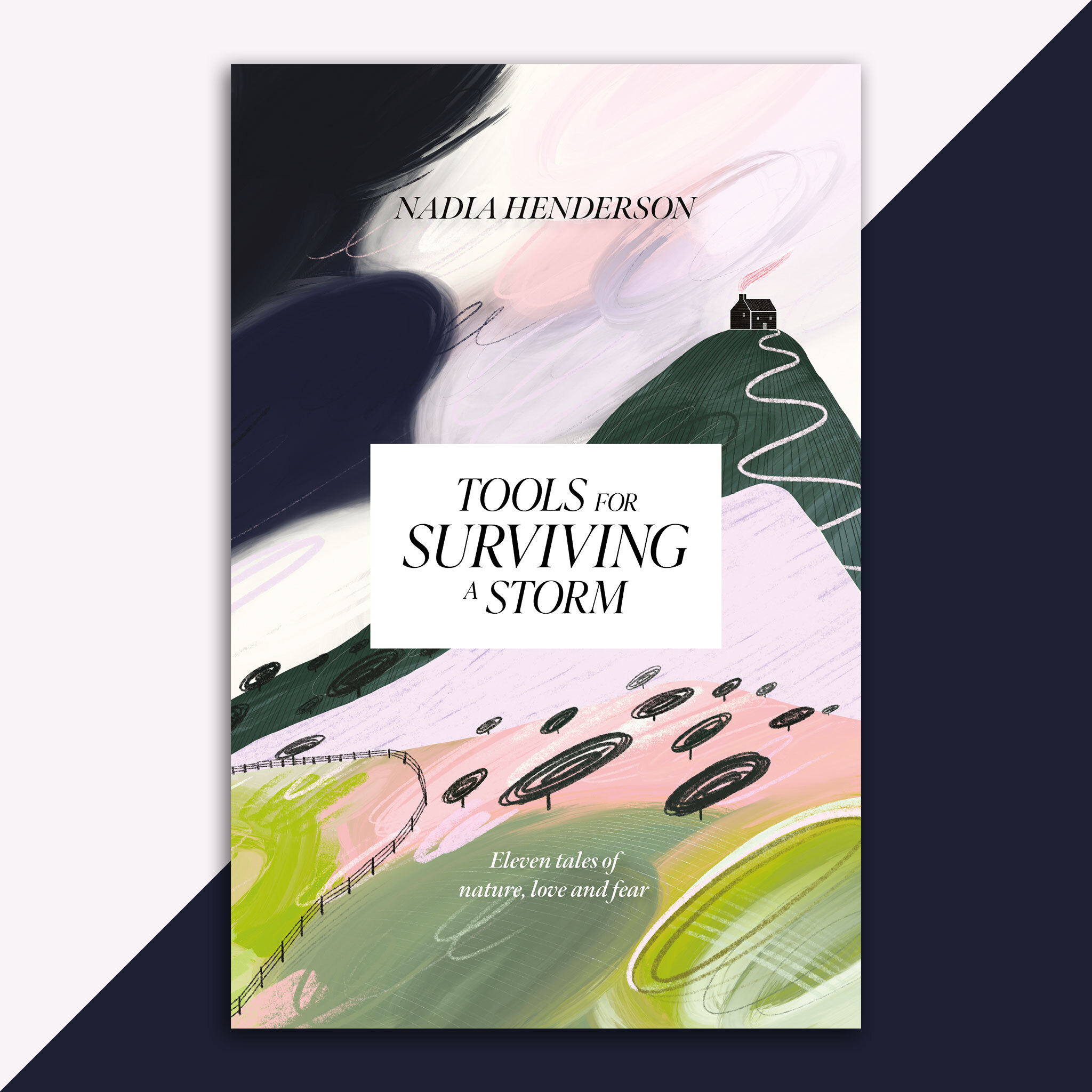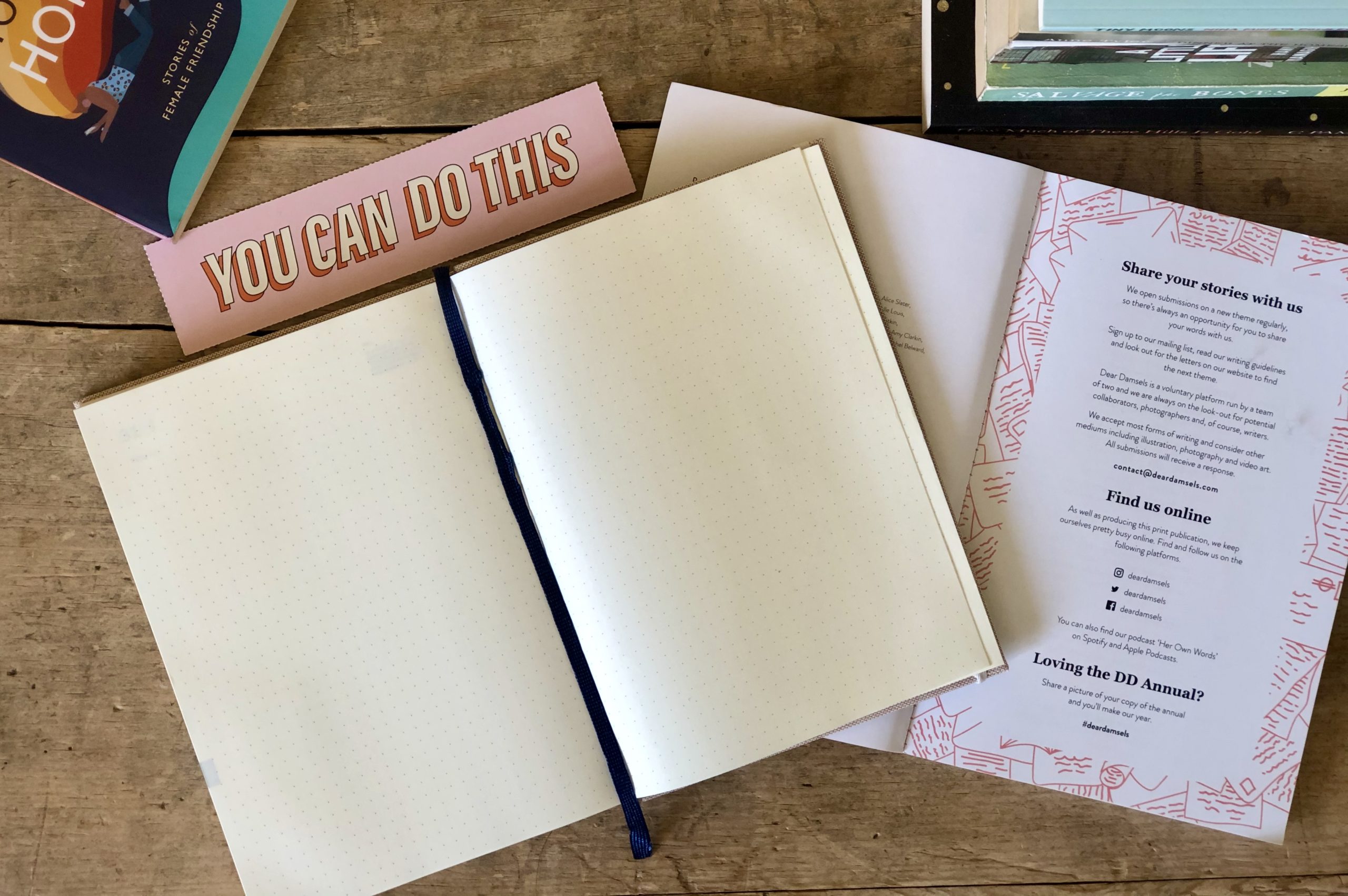The Abyss | Part One
by Melda Uytun
They tell me all sorts of things at my final moments on earth but it’s hard to concentrate on every word that everyone around me says. I’ve never cared for other people’s thoughts on what I intend to do but this is a serious situation: I’m not leaving my apartment or the country, I’m leaving the planet where I spent my entire life and had thought that I would spend all my days. I breathe in, I breathe out; and now even this simple bodily function amazes me because we’re usually not aware of doing it. We just breathe as if we’re programmed to do so. We look, we watch, we blink, we walk and we move our limbs to do things but never think about it. But now it feels odd that we might not do any of these things outside of this tiny little planet.
It was overwhelming to realise the greatness of the universe that we’re in, back in my childhood. I loved the little white dots that could form all sorts of shapes if you looked with enough imagination at the night sky; I loved them all the same instead of being scared of them, even when I learned that some of them represented death. Some stars that we only see at night are actually not there anymore, but we can still see them, it’s not an illusion, the light is there, but the source is long gone. But it’s been there, and this simple stargazing is substantially a look into the past, it’s a journey to the past, it’s time travel. It’s been years since I had made room for this information in my mind but it never ceased to amaze me. This universe is magnificent, and I’m sure the countless others are as well.
“I’m not leaving my apartment or the country, I’m leaving the planet where I spent my entire life and had thought that I would spend all my days on”
No one talks about what might happen to me and my tiny spacecraft when we enter the Abyss – I had chosen to call it The Abyss since it first appeared but it’s not an abyss. No one knows what it is, so the scientists who investigate it decided to call it The Black Wonder because they argued that it might be something wonderful or horrifying – nothing in between. There’d been two probes sent near it – not into it – and they were programmed to take pictures and come back to earth. We could get few pictures from one of them, the first one, but it couldn’t make it back to earth. When it was on its way home, they lost the signal and no one could detect it anywhere. The second one couldn’t send pictures. It lost its way somehow and now it’s wandering around. Maybe it’s not even in the neighbourhood anymore, I don’t know if anyone is still interested in following its signal. I know this is ridiculous but it made me sad when I saw it in the news. You build and send something into the wilderness of space with the intention of discovering something that you didn’t know, because you’re dying to know what you don’t know; then after a while, your little mission fails and you forget you even built that thing in the first place. I’m not wondering if this is what’s going to happen when I go and never come back; I know this is exactly what’s going to happen.
People first forget about objects, then people, and finally their feelings for them. I’m not entirely sure about the last one, but so many people proved that it is possible for humans to forget how they felt in the past that I ignore the minority. What I believe is that it is impossible for one to forget or restrain their interest in something. You may look for an answer to a question that you have on your mind but when you lose the possibility to get that answer to that precise question, you try to ask a different one searching for the same answer, you can never quit.
This is a story in two parts. The second will be published on Sunday, 27th August.
Melda Uytun | @anthawise | @anthawise | anthawise.blogspot.com
Melda Uytun is the author of a fantasy novel that you’ll probably never hear of and dozens of unpublished short stories along with a lucky one that received an honorable mention in a competition. She has an MA in Creative Writing from Anglia Ruskin University, where she had the best time of her life. She now lives in a real-life dystopia and wishes there were no borders between countries so she could live wherever she wanted to (but she would probably go back to Cambridge). Since she was 11, she has wanted to be that life saver author for many readers.
